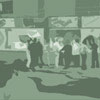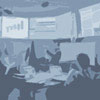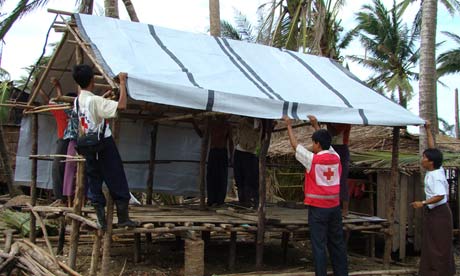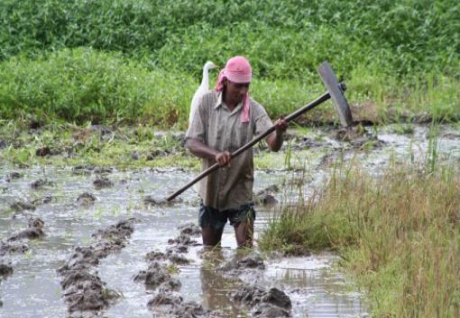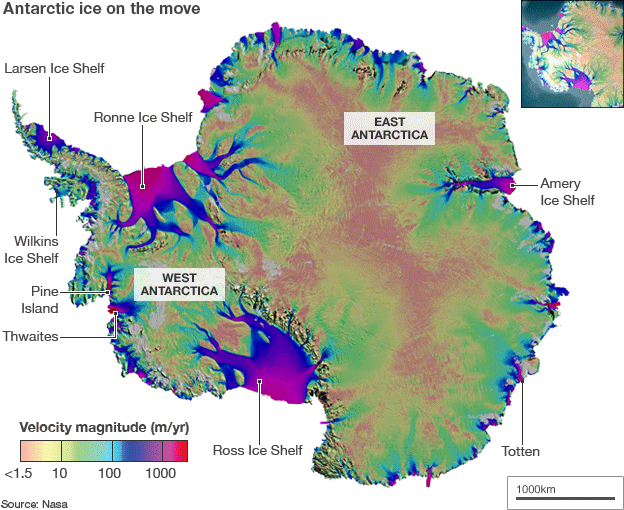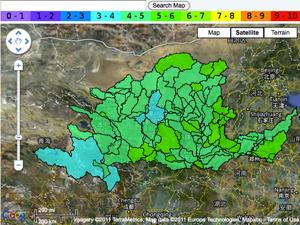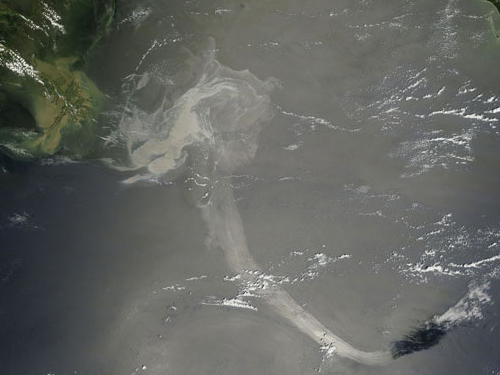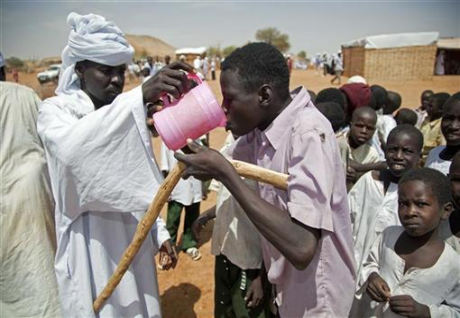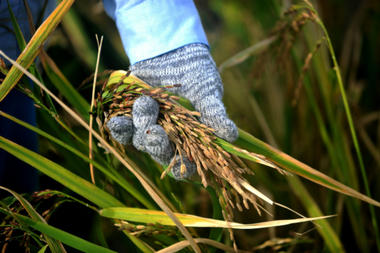Global
Microfinance's sober reckoning
Submitted by ward on
Water systems at risk from growing demand for food - expert
Submitted by ward on
Map tracks Antarctica on the move
Submitted by ward on
GE, Coke Among Industry Leaders Launching Water Risk Mapping Project
Submitted by ward on
CO2, birth & death rates by country, simulated real-time
Submitted by ward on
UN Establishes a Committee on Global Geospatial Information
Submitted by ward on
Water rights trade to help quench world thirst
Submitted by ward on
Miniature lab can diagnose disease in the field
Submitted by ward on

